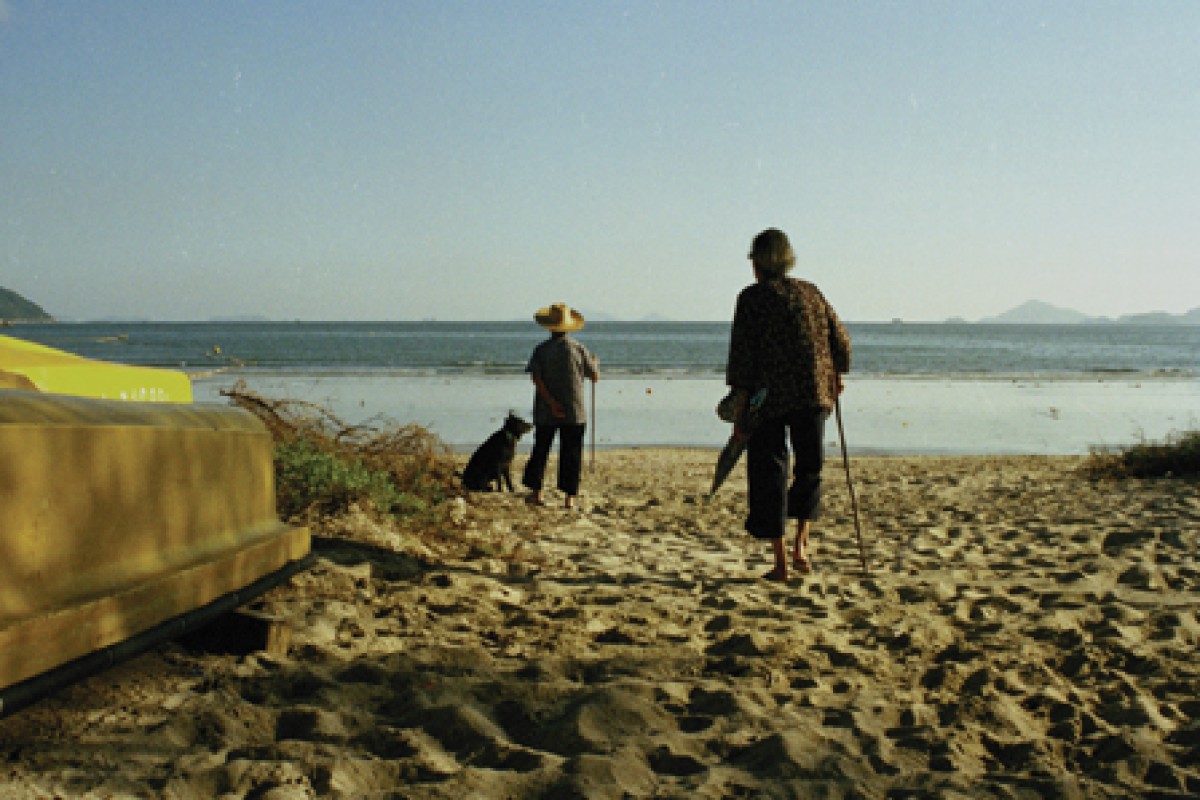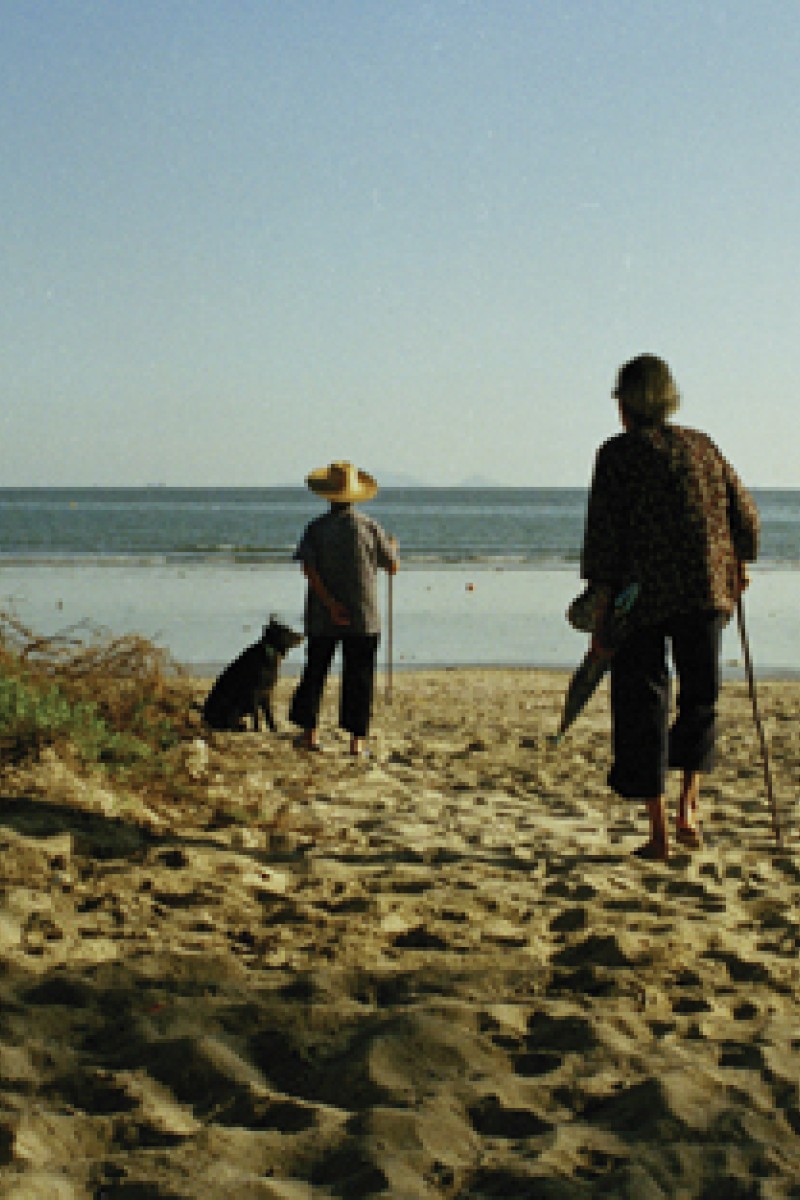 Lantau residents enjoy the beach on the island.
Lantau residents enjoy the beach on the island.In their new book, Driving Lantau: Whisper of an Island, former journalist Lo Yin-shan and photographer Antony McHugh dug up a treasure trove full of lost memories - from pirate wars and Kuomintang spies to religious refugees.
They have lived on Hong Kong's largest island for more than 10 years, but it was not until 1998, when they began working on an Art Development Council-funded project focused on the island, that they realised how the place had looked before giant constructions hit.
"As residents shared their memories, I was interested to learn of the island's real roller-coaster ride in the past," Lo says.
Since the Song dynasty (960-1276), rampaging pirates had terrorised Lantau inhabitants and ships passing through the Pearl River. Cheung Po-tsai plundered the area early in the 19th century. He commanded a fleet of more than 270ships and 30,000 men and threatened the Qing dynasty.
One 82-year-old woman told Lo that even over the last generation, Pui O villagers had felt ill at ease because of the threat of attack. She said her uncle had used desperate tricks, such as pretending to be dead, to scare off outlaws. "He lit a huge incense stick, laid out three bowls of rice, put on a burial robe and laid down as stiff as a corpse," she says. "When the bandits opened the door, they were frightened out of their wits and ran away."
The island became a major site of local resistance against Japanese military invasion from 1930. The Japanese often stole rice and carried out massacres. The same woman recalled seeing bodies piled so high on the beach that people had no idea where to bury them.
Kuomintang spy Lung Kwok-fai joined the island's struggle for freedom in 1936. Aged 13, he had eavesdropped on the enemy, gathered intelligence and reported back to the then ruling party.
Lung, now 88, left Lo stunned after they met at his Ngong Ping home. "Lung had no formal education or military training like his comrades," Lo says. "His great daring helped him climb the ladder from errand boy to special agent."
Yet Lung believes the real hero was gangster-turned-commander Yuen Wah-chiu, also known as Grandpa Kao. Yuen had fought the Japanese forces along the Kowloon-Canton railway line in late 1930. When he moved to Mui Wo, he built Chung Hau Old Mansion, with an observation tower to watch out for enemies.
"The saying goes, 'You need never close the door when Grandpa Kao is on watch'," Lo says. "He is Hong Kong's Robin Hood - a legendary figure who kept villagers safe and gave refugees work."
A group of Trappist monks fleeing Communist Party rule in 1951 moved to Lantau. They built the Trappist Haven Monastery and kept 200 cows in Tai Shui Hang, between Discovery Bay and Mui Wo. It became the Trappist Milk dairy, known as Cross Milk by Hongkongers. Production halted when the monks could no longer cope with the rising demand.
Lantau has experienced rapid change in the past 20 years. In 1993, the government erected the Big Buddha, alongside the Po Lin Monastery, in Ngong Ping; in 1997, three bridges connected Lantau with the New Territories; in 1998, it built a new airport in Chep Lap Kok; in 2005, Disneyland Resort opened.
Lo likes Lantau for its tranquility, small population and closeness to nature. But she thinks it is changing for the worse.
"It seems that every town on Lantau is transforming into identical, soulless metropolises, like Tung Chung," she says. "I'd prefer it to remain a rural backwater."
